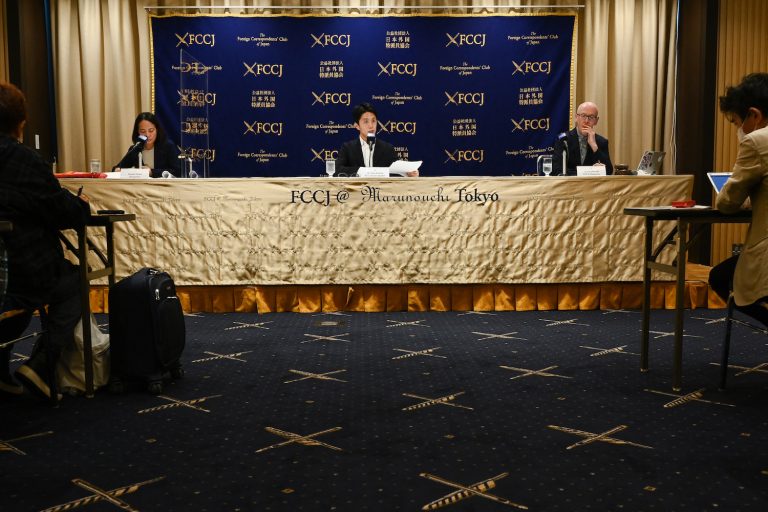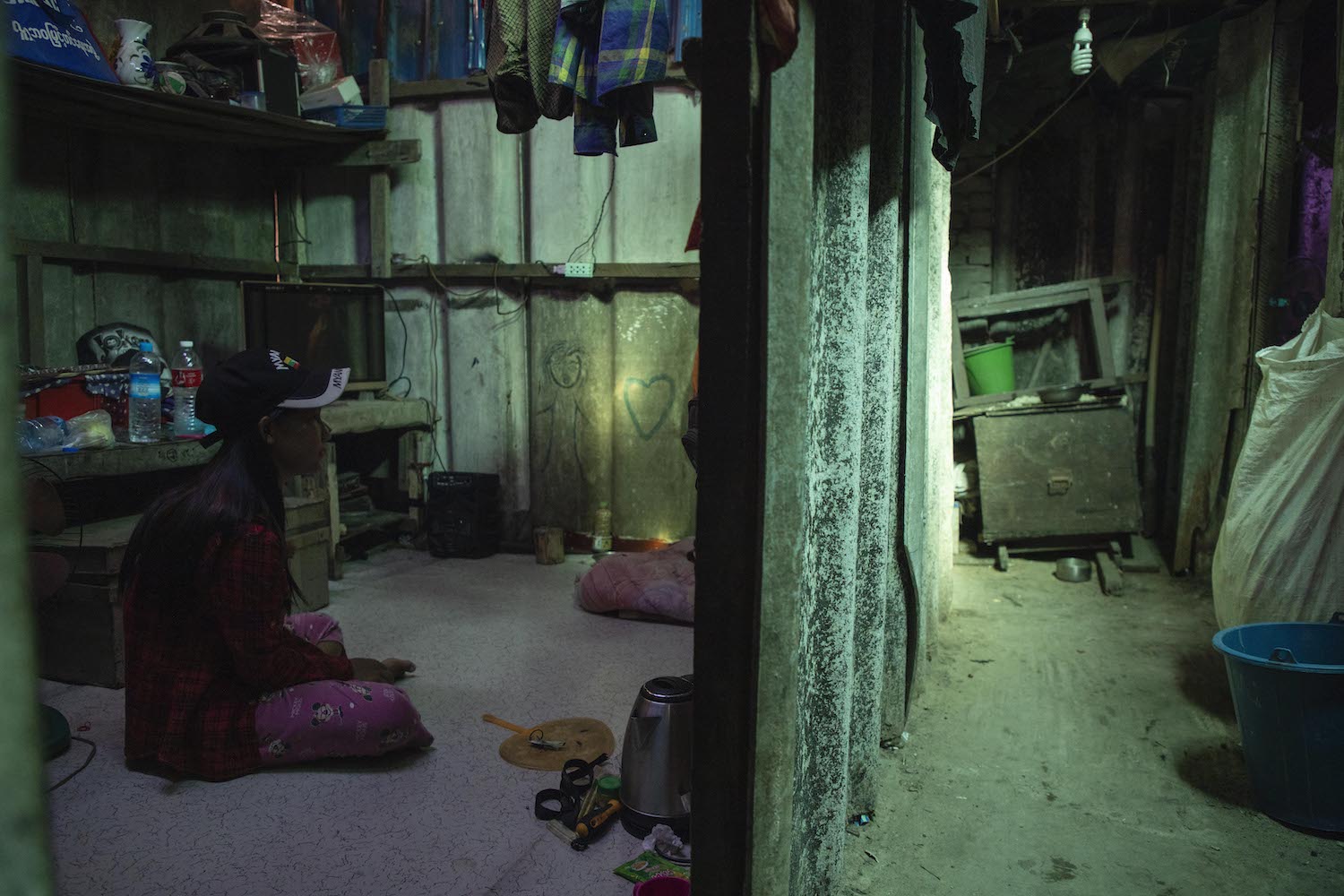The insurance sector is about to undergo rapid growth thanks to a recent liberalisation, but competition will be fierce and attracting customers to new, unfamiliar products could prove hard.
By KYAW LIN HTOON | FRONTIER
WHEN THE government announced in January a roadmap for opening the nascent life and general insurance sectors to foreign companies, the move was widely applauded as an important economic reform.
The potential for growth is massive; in a country of around 54 million, just 2 million people have any form of insurance cover, according to Ministry of Planning and Finance figures.
Just 0.01 percent of people have life insurance and ministry figures from 2017 show that premiums amounted to just US$13 million. While third-party insurance is mandatory for vehicles, only 10 percent of the country’s roughly 600,000 cars had any additional cover in 2016.
Japanese insurance company Dai-Ichi has forecast the sector will expand 100-fold, to $1.3 billion, over the next decade, according to Nikkei Asian Review. Even then, it would still be relatively small; insurance premiums in Vietnam were estimated at $5.75 billion last year.
Support more independent journalism like this. Sign up to be a Frontier member.
Implementation of the liberalisation process has proceeded at pace. In April, five foreign insurers –UK-based Prudential, Dai-Ichi Life Holdings from Japan, Manulife from Canada, AIA from Hong Kong and US-based Chubb – were given approval to set up wholly owned subsidiaries to compete in the life insurance sector. The government had initially said it would grant up to three licences.
According to Nikkei Asian Review, foreign and local insurers have also proposed nine joint ventures – four for life insurance and five for general insurance – and are expected to receive approval from the regulator in July. Foreign partners will be able to hold up to 35 percent in these joint ventures.
A government official involved in process, who spoke on condition of anonymity, told Frontier he expected the life insurers to be able to launch operations by the end of the year.
The development of the insurance business is expected to bring benefits for both consumers and the economy. Insurers, particularly in the life sector, need safe assets to match their liabilities, so they will provide a new market for government bonds.
U Kyaw Soe Min, the chief operating officer of AYA bank, described insurance as the “spare wheel of the banking sector”.
“The liberalisation is going to have a positive impact on a wide range of economic sectors,” he told Frontier.
Ko Tayote Lay, managing director of Power Eleven, said he was pleased at the prospect of more competition in the sector. His company operates 250 buses on Yangon Bus Service lines 21, 39 and 41. All are insured with AYA Myanmar Insurance, at a cost of around K500,000 a month for each vehicle. While Tayote Lay said he is satisfied with AMI’s service, he knows that some bus companies have had problems with other insurers.
“For example, some insurers don’t remind the bus owners that their policy is about to expire, and they only realise it has expired when they have an accident and go to make a claim,” he told Frontier.
“I hope the new insurance companies will provide a better service and it would be great if they could also offer lower premiums than we have now,” he said.
U Pe Myint, a senior adviser to CB Bank, said the development of the sector would depend in part on the country’s broader economic growth.
He told Frontier that the number of new players entering the market at the same time would create fierce competition for customers, but demand might not be as high as these companies anticipate.
“Our Myanmar cultural norms, particularly the influence of Buddhism, doesn’t really encourage the purchase of insurance,” he said. “That could be a major barrier that foreign investors will have to overcome.”
But U Myo Min Thu, the managing director of AMI, said the competition would be good for the industry. He confirmed that AMI has submitted an application to form a joint venture with a foreign company, but did not reveal the identity of the partner.
“By working with [foreign companies] or competing with them, we will gain more experience,” he told Frontier. “These foreign insurers can introduce more products and practices into the local market.”
The current low rate of insurance cover reflects a general lack of awareness and understanding of the benefits of insurance, industry sources said.
Mr Tom Renny, chief representative for foreign insurer AIA, which was one of the five firms granted a life insurance licence in April, said foreign insurers entering Myanmar need to develop products that are right for the market and then launch “huge” awareness programmes.
“It’s got to start at the nitty-gritty level, by saying, what is life insurance?” he told Frontier.
This process will be most important for life insurers because their products are more abstract than car or fire insurance, he said. “It’s about saving for a need, whether it’s education, retirement – you need to look at the long-term situation.”
“You’ve also got to have a distribution channel which is very well trained. They need to know their products, need to be confident to sell it, need to be able to gain the trust of customers … then, you’ve got to make the whole process easy for people to do business,” he said.
One risk – particularly while the market is still in an early stage of development – is that customers will be sold the wrong insurance product, Renny said. “If there’s any mis-selling then you’ve lost the impetus for growing the market.”







